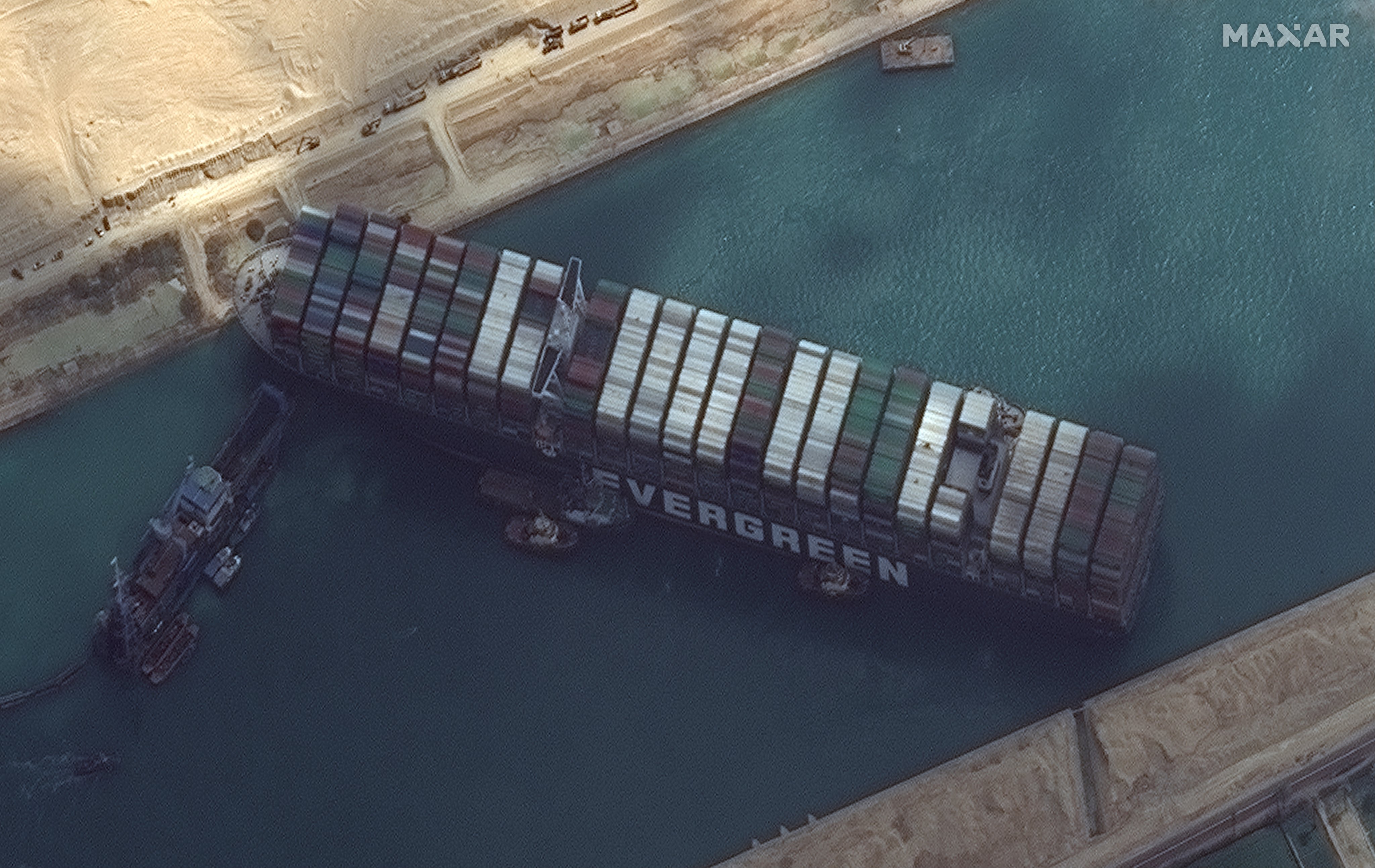Russia proposes a transportation corridor as a substitute for the Suez Canal and believes it will help reduce costs by 50% and ensure safety.
Speaking at the Eurasian Economic Forum on October 28, Russian Deputy Prime Minister Andrey Belousov suggested that the International North-South Transport Corridor (INSTC) could serve as a maritime transportation route instead of the Suez Canal, according to RT.

The INSTC is a 7,200 km transportation system comprising sea, rail, and road routes connecting India, Iran, Azerbaijan, Russia, Central Asia, and Europe. According to RT, experts believe that this route could reduce costs by 50% and save 20 days of travel time. Belousov expects Russia’s cargo volume through this route to double by 2030.
The construction of the INSTC began in the early 2000s, and its significance was emphasized when Western sanctions forced Russia to shift its trade flows from Europe to Asia and the Middle East.
Belousov stated that the INSTC and alternative routes to the Suez Canal are becoming increasingly important due to the shifting global market towards China, Southeast Asia, and the Persian Gulf. Meanwhile, the existing transportation routes, focused on the East-West axis, no longer meet global trends, and the “North-South route could become a true competitive alternative to the Suez Canal.”
The Suez Canal is currently a vital deep-water shipping route connecting Europe and Asia. The Russian Deputy Prime Minister believes that this unipolar situation poses risks to the global economy, recalling the incident in 2021 when a container ship ran aground in the canal, causing significant disruptions.
In an effort to establish new logistics supply chains and enable the operation of the INSTC, Russia has proposed setting up an international operating entity with Iran and Azerbaijan.
